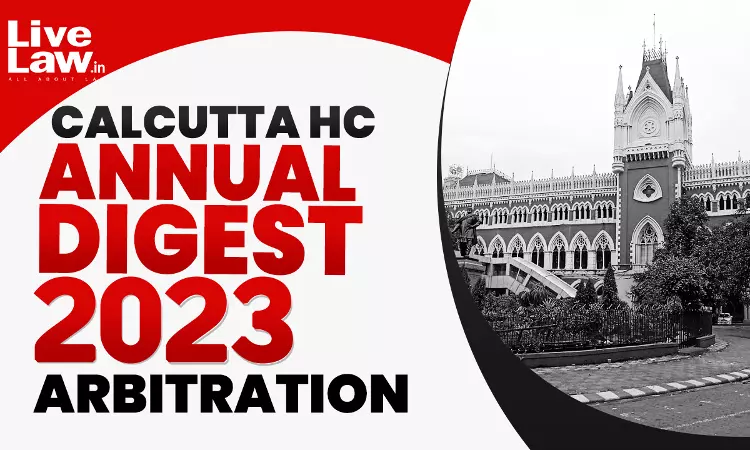- Home
- /
- High Courts
- /
- Calcutta High Court
- /
- Calcutta High Court Annual...
Calcutta High Court Annual Arbitration Law Digest 2023
Srinjoy Das
13 Jan 2024 11:40 AM IST
ORDERS/JUDGEMENTS1. Order Of Emergency Arbitrator In Foreign Seated Arbitration, Can Be Considered While Dealing With Section 9 Application: Calcutta High CourtCase Title: Uphealth Holdings Inc versus Glocal Healthcare Systems Pvt. Ltd. & Ors.Citation: 2023 LiveLaw (Cal) 2The Calcutta High Court has allowed the application filed under Section 9 of the Arbitration and Conciliation Act,...
Next Story



